It may be hard to believe, but all sorts of problems can be solved and all sorts of questions answered with a little bit of maths.

This year, a team from John McGlashan, consisting of Louis Jennings,
Luke Nie, James Anderson and Matthew Dockerty tried to do just that
whilst competing in the New Zealand’s Next Top Engineering Scientist
competition.
On the cold morning of the 6th of August, the team was presented with the question “What is the fastest humanly possible time for the Olympic 100m freestyle event?” and nine hours to answer it. Using maths, physics, biology and Luke Nie’s swimming expertise, the team took two approaches in solving the problem. The first involved breaking the race down into its smallest components, dealing with each of those as a smaller problem, then adding the time for all the sections together to yield the total time. The other took past world records in 100m freestyle and predicting what the world record might be in ten, fifty or one hundred years’ time. By predicting what the record would be in ‘infinity years’ time’, the team came up with another answer. The first answer the team calculated was 41.65s (using the physical method), the other was 45.58s (using the statistical method). The current world record is 46.91s so the team’s predictions don’t seem too far from possibility. Those who competed thoroughly enjoyed the competition and the challenge it posed.




 Employment opportunities - click if you're interested in working at McGlashan.
Employment opportunities - click if you're interested in working at McGlashan.